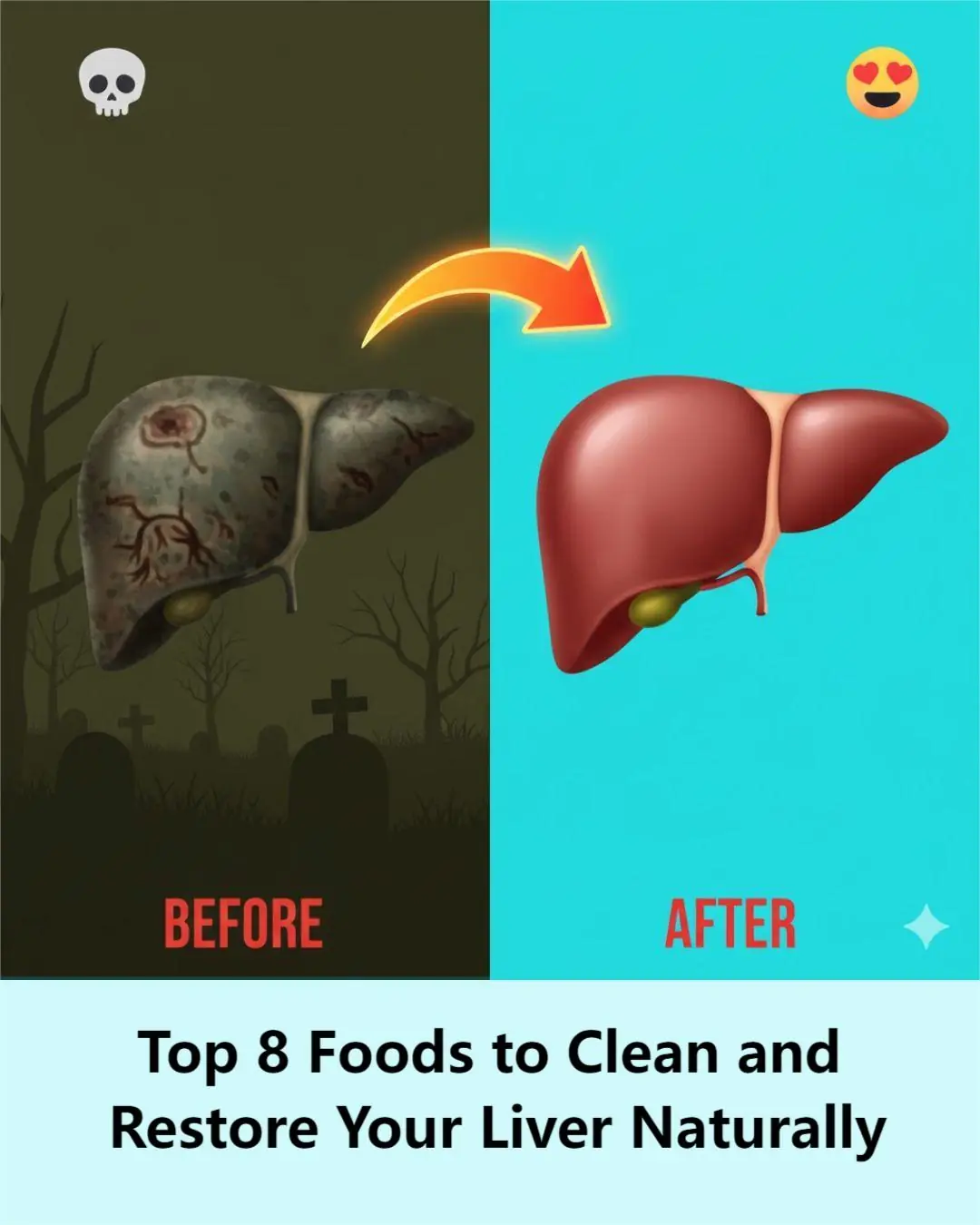
Unmasking the Mind: How Science Shows Conspiracy Theorists' Brains Are Different
Unmasking the Mind: How Science Shows Conspiracy Theorists' Brains Are Different
Are you fascinated by hidden truths, or do you find yourself easily spotting connections others miss? New scientific research is revealing that the brains of conspiracy theorists may actually be wired differently, shedding light on the psychological and neurological factors that make some individuals more susceptible to believing in elaborate plots. This isn't just about what people believe, but how their brains process information.
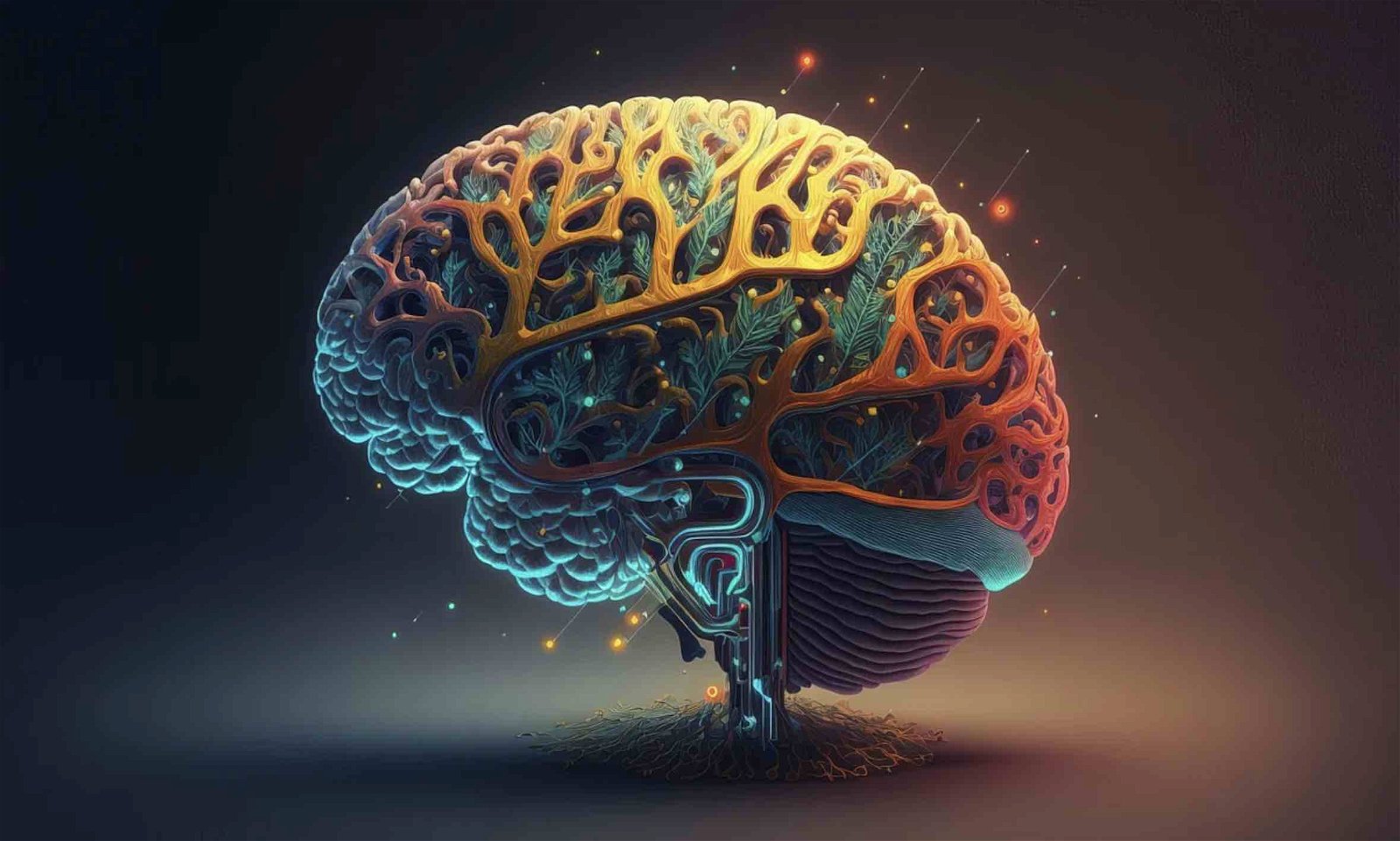
The Pattern-Seeking Brain: A Double-Edged Sword
At its core, the human brain is a remarkable pattern-recognition machine. This ability is an evolutionary tool honed over millennia, essential for survival – think early humans spotting a predator's tracks or discerning edible plants from poisonous ones. However, this powerful tool can sometimes go into overdrive, leading to what scientists call "illusory pattern perception." This is when the brain perceives connections, order, or meaning where none truly exist.
Recent experiments have strikingly illustrated this phenomenon. Researchers found that individuals who strongly believe in conspiracy theories were significantly more likely to see discernible order in purely random data. Imagine a chaotic piece of abstract art or a series of coin tosses (heads, tails, heads, heads, tails). For conspiracy believers, these random sequences might appear to follow an underlying, deliberate pattern.
Furthermore, the research showed a fascinating feedback loop: simply being exposed to conspiracy theories can amplify this tendency. Participants who were exposed to conspiratorial narratives subsequently demonstrated an increased perception of patterns in unrelated world events. This reinforces a deeply held belief that nothing happens by chance, and every event, no matter how mundane, is part of a larger, orchestrated plan. This constant search for hidden meanings can make individuals more vulnerable to accepting complex, unverified explanations.
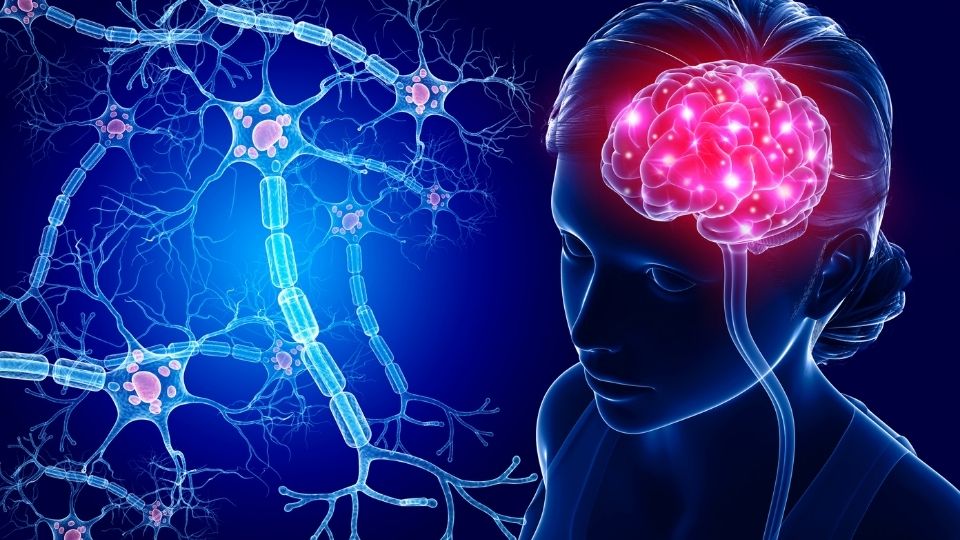
Personality Traits: Fueling the Conspiracy Fire
Beyond cognitive biases, certain personality traits appear to be strongly linked to conspiracy beliefs, adding another layer to this complex psychological portrait. While the scientific community continues to debate whether these traits are a cause or a consequence of conspiracist thinking, their association is clear.
Key personality characteristics identified in research include:
-
Narcissism: Individuals with narcissistic tendencies may be drawn to conspiracy theories because it allows them to feel uniquely enlightened or "in the know." Believing they possess special knowledge unavailable to the masses can feed their sense of self-importance and intellectual superiority.
-
Desire for Uniqueness: A strong need to feel special or stand out from the crowd can drive some towards beliefs that position them as an "insider" with access to exclusive, hidden truths. This provides a sense of distinctiveness in a world that can often feel overwhelming and undifferentiated.
-
Antagonism: A general tendency towards hostility, suspicion, and opposition can predispose individuals to distrust official narratives and authorities. This antagonistic worldview aligns well with the idea that powerful groups are constantly working against the common good.
-
Neuroticism/Emotional Instability: People who experience higher levels of anxiety, worry, and emotional volatility may find comfort in conspiracy theories, even if they are unsettling. These theories can provide a seemingly coherent explanation for complex, chaotic, or frightening world events, offering a sense of order, even if it's a sinister one. The brain's attempt to make sense of uncertainty can sometimes lead to embracing the most definitive, albeit unfounded, explanations.
-
Low Psychological Well-being: A general sense of dissatisfaction with life, feelings of powerlessness, or a lack of personal control can make individuals more receptive to narratives that blame external, powerful forces for their struggles or societal problems.
-
Thrill of Chaos: For some, there might even be a perverse thrill or excitement in believing that the world is a chaotic, unpredictable place governed by secret forces. This can provide a sense of drama or intellectual engagement that might be missing from their daily lives.
Understanding these intertwined cognitive and personality factors is absolutely crucial. In an age saturated with information – and misinformation – recognizing the underlying psychological predispositions to conspiracy thinking is paramount. It's not just about dismissing theories, but about addressing the human needs and cognitive processes that make them appealing. This scientific insight is a vital step towards countering the spread of disinformation and fostering a culture of critical thinking in our increasingly complex world.
News in the same category


Fibromyalgia: The Hidden Energy Crisis Behind Your Pain, Fatigue, and Sleepless Nights

The 11 surprising baking soda uses that actually have science behind them

Common pain meds trick doctors into heart failure misdiagnosis

Top 6 Nutrients To Reduce Knee Osteoarthritis Pain

Could your toes be warning you about your lifespan? Foot expert explains

Could your morning orange juice be supporting your heart more than you think?

Top 10 Signs of Kidney Problems You ABSOLUTELY Must Be Aware Of…

Chronic Insomnia: When Sleeplessness Becomes a Serious Health Issue

Chronic Bronchitis: Causes, Symptoms, and Home Care Tips

Irritable Bowel Syndrome (IBS): What Makes the Condition Worse?
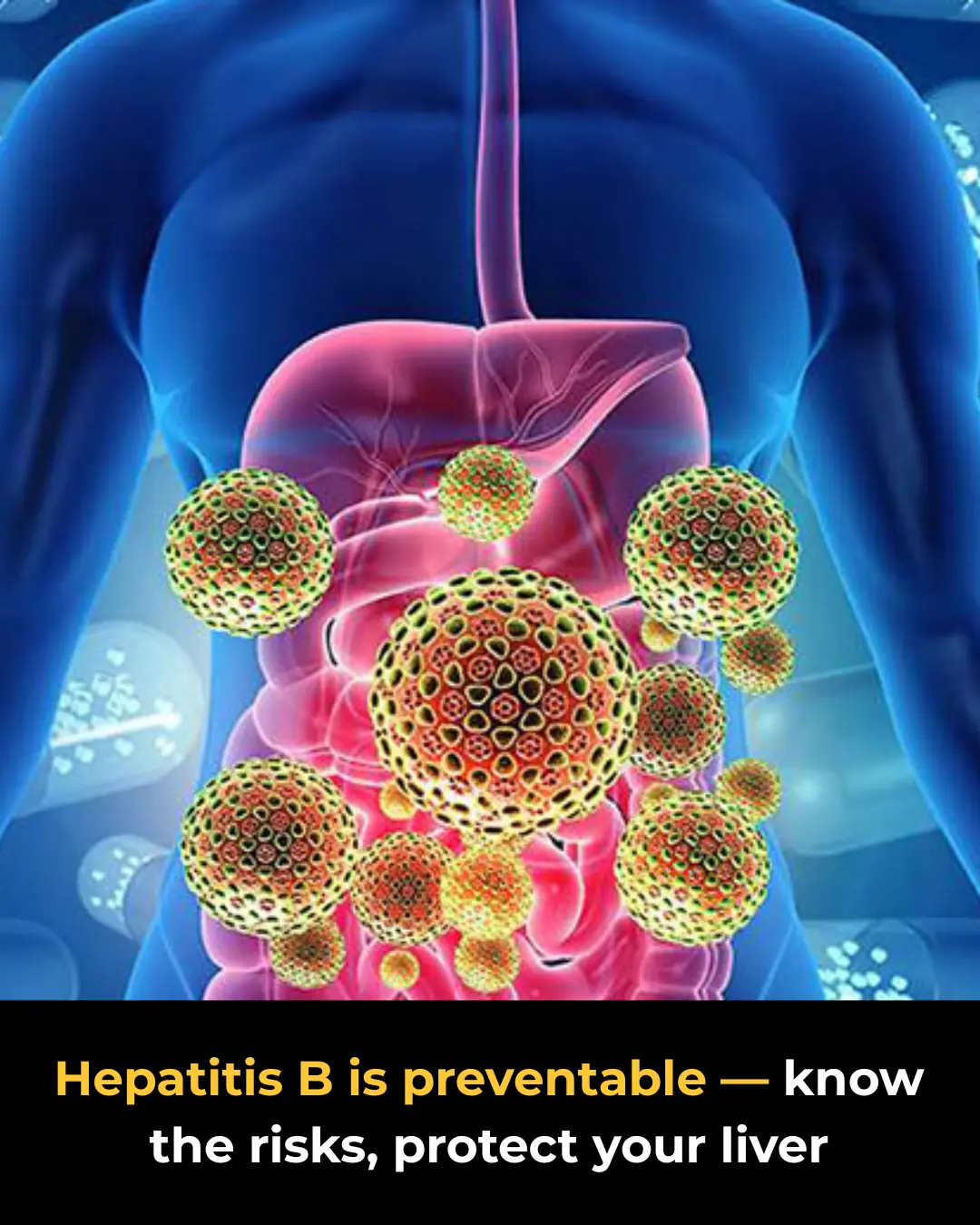
Hepatitis B: High-Risk Groups and Prevention Measures
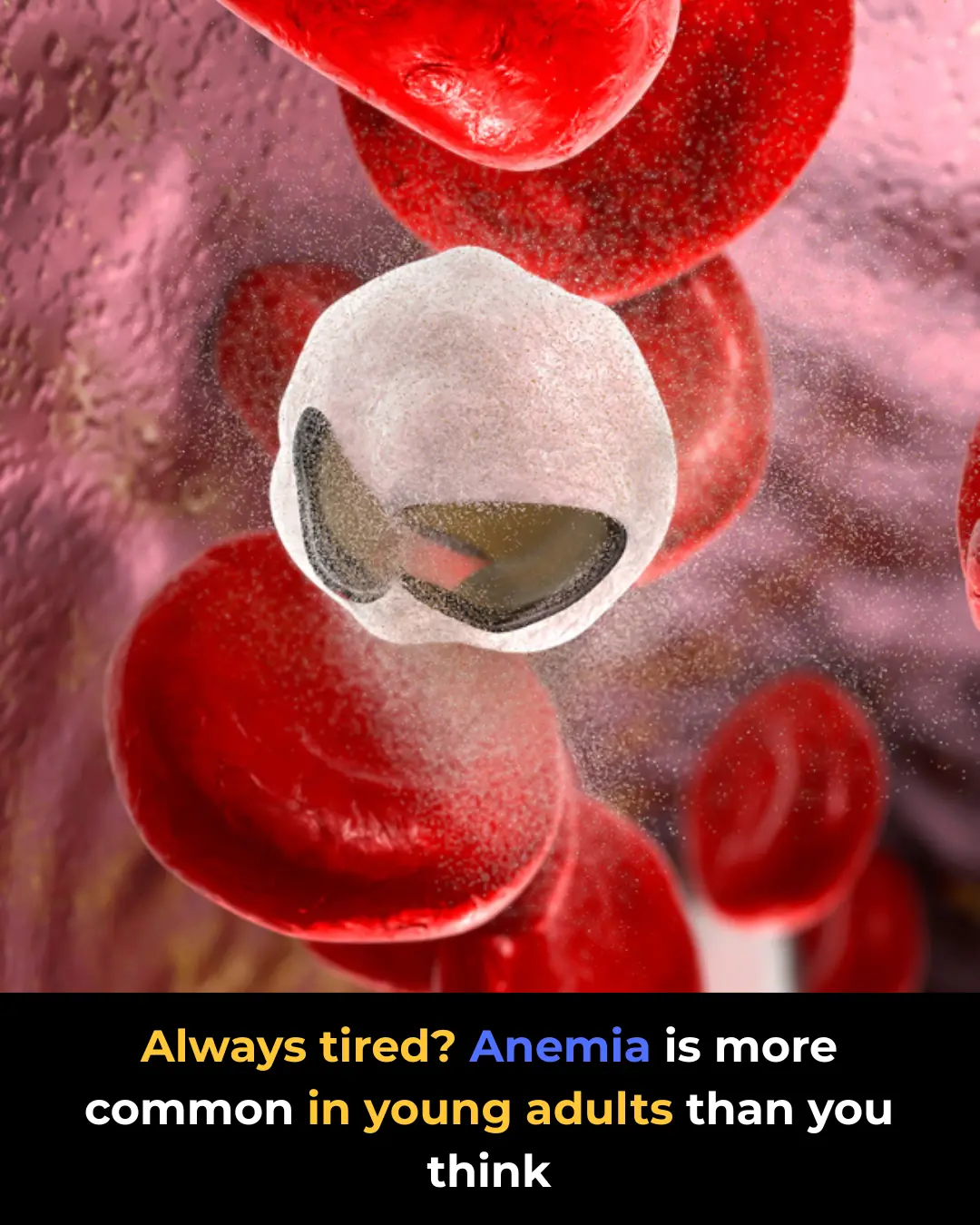
Anemia in Young Adults: Common Causes and How to Treat It
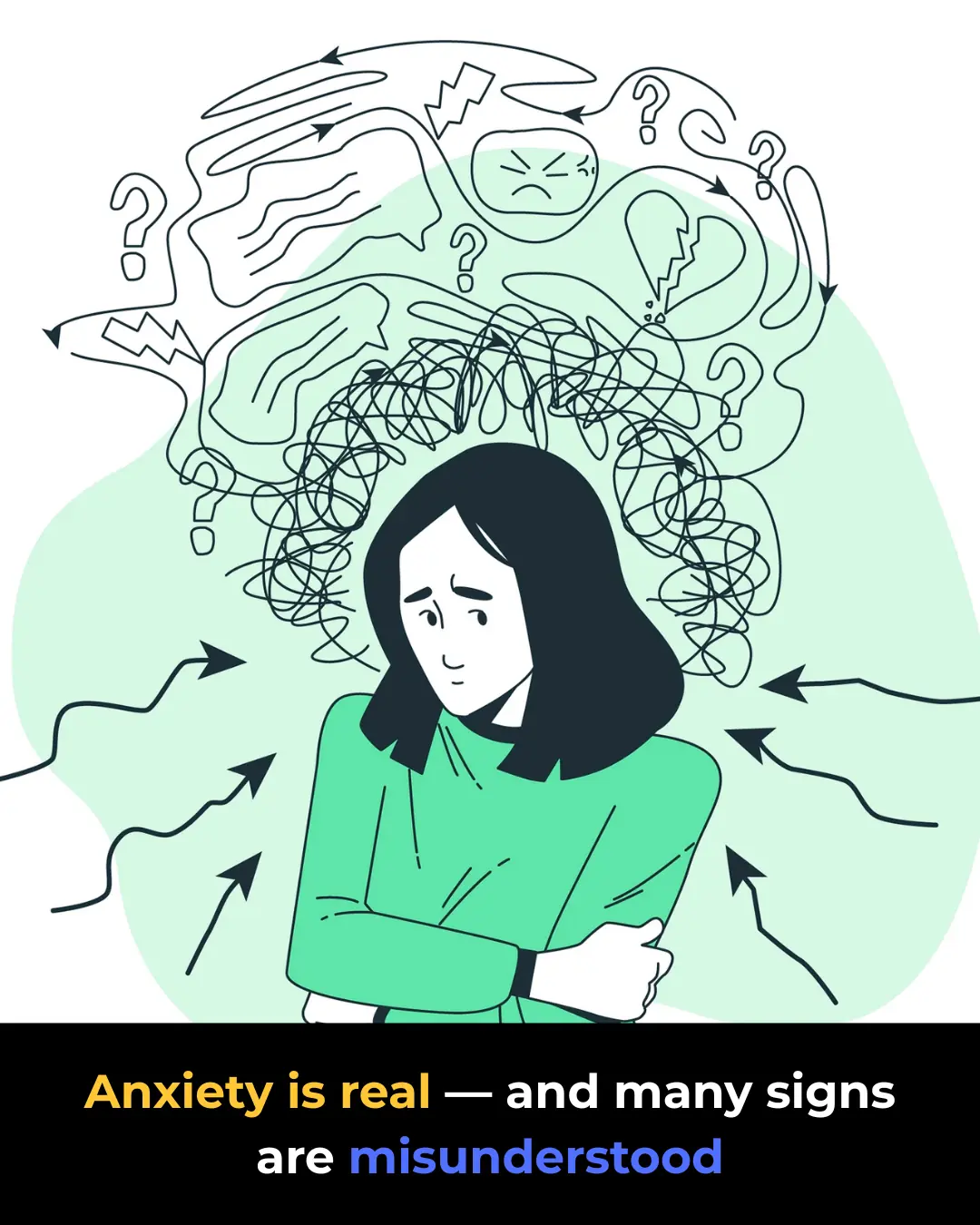
Anxiety Disorder: Psychological Signs People Often Misunderstand

Seven Days Without Sugar Changes Your Body in Ways You Never Expected

All It Takes Is One Boiled Egg To Control Sugar Levels In The Blood

Cucumber water regenerates joints and nourishes your brain and 8 other benefits for your health

The Surprising Benefits of Foot Massages

Natural Home Remedies That Eliminate Muscle Pain Quickly

Nobody Told You This Vitamin Deficiency Might Be Behind Your Migraines
News Post

CCF Tea to Burn Belly Fat

DIY Lip Balm with Vaseline and Beetroot: A Natural, Moisturizing Solution for Soft, Pink Lips

Coffee Gel For Eye Wrinkles

Coffee For Instant Skin Brightening

Japanese 4 Steps Glow Secret

30 minutes treatment for dark lips

How to Make a DIY Aloe Vera Night Cream for Glowing Skin

Rice Water Toner To Get Skin That Shines Like Diamond

Salon like Keratin Treatment at Home

Experts reveal the top 7 Shampoos to tackle hair loss effectively

10 Surprising Beauty Hacks You Never Thought You Could Do With Baby Powder

DIY Night Serum For Radiant Skin

Top 8 Foods to Clean and Restore Your Liver Naturally
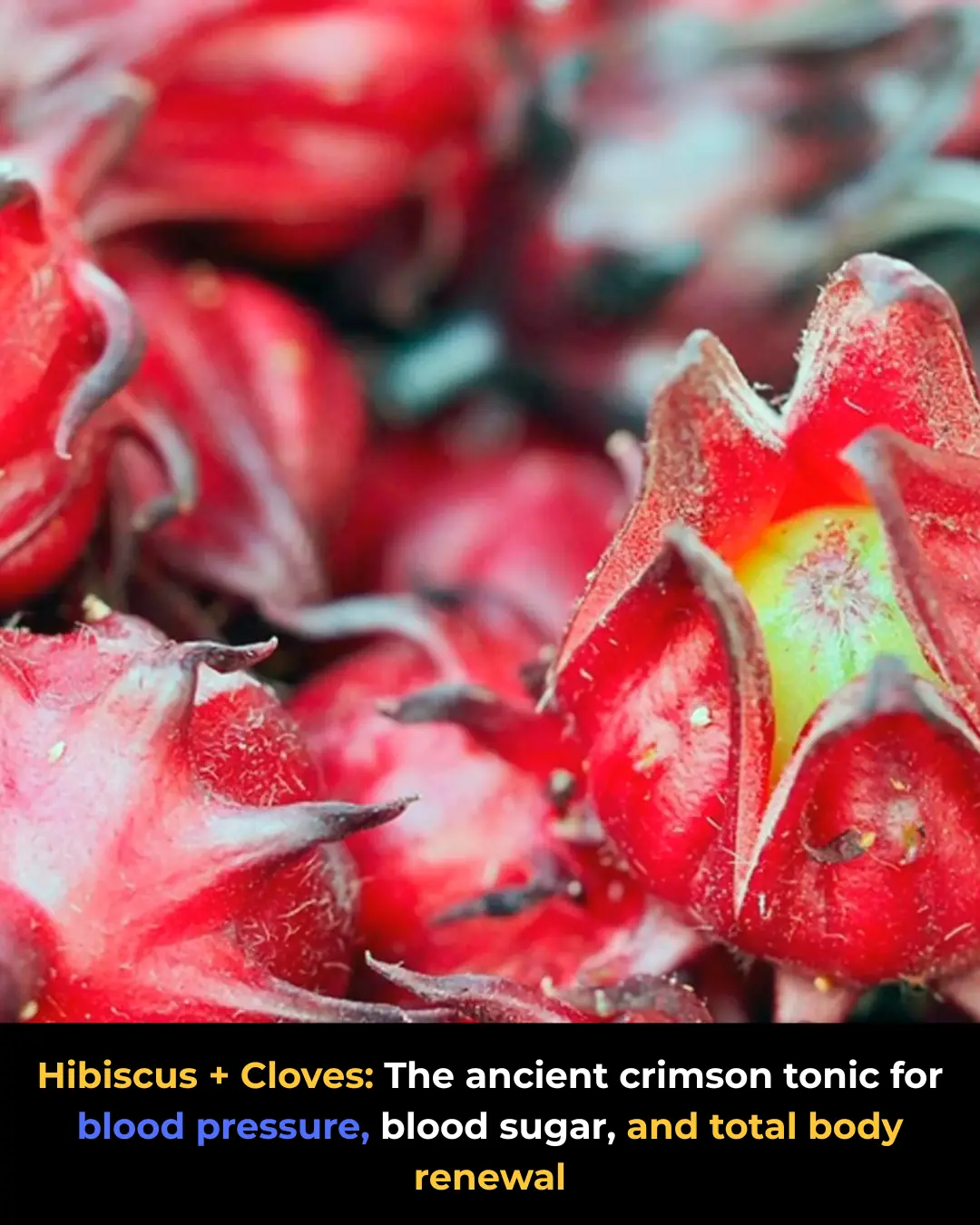
The Ancient Secret Seed That Revolutionized Wellness: Unlocking the Power of Hibiscus and Cloves

Garlic Remedy for Removing Moles and Skin Tags Naturally: What Works and What to Know

Fibromyalgia: The Hidden Energy Crisis Behind Your Pain, Fatigue, and Sleepless Nights

The Hidden Oil That Sparks Her Desire and Rekindles Your Marriage

Unlock the Ancient Secret of Peach Tree Resin: 15 Life-Changing Benefits You’ll Wish You Knew Sooner

Aloe Vera & Cinnamon: The Traditional Duo That Naturally Supports Your Health, Vitality, and Vision
